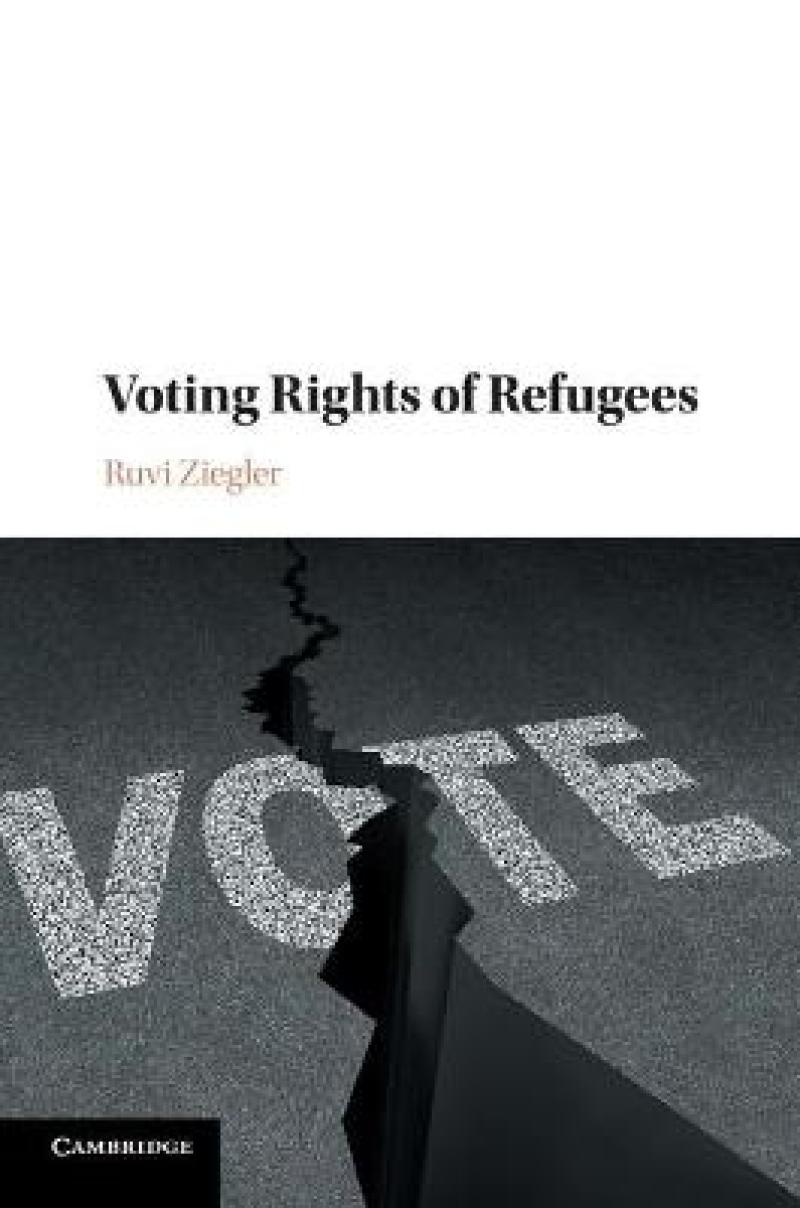Voting Rights of Refugees develops a novel legal argument about the voting rights of refugees recognised in the 1951 Geneva Convention. The main normative contention is that such refugees should have the right to vote in the political community where they reside, assuming that this community is a democracy and that its citizens have the right to vote. The book argues that recognised refugees are a special category of non-citizen residents: they are unable to participate in elections of their state of origin, do not enjoy its diplomatic protection and consular assistance abroad, and are unable or unwilling, owing to a well-founded fear of persecution, to return to it. Refugees deserve to have a place in the world, in the Arendtian sense, where their opinions are significant and their actions are effective. Their state of asylum is the only community in which there is any prospect of political participation on their part.
Les mer
Foreword Guy S. Goodwin-Gill; Acknowledgements; Table of cases; Table of statutes; Table of treaties and other international instruments; List of abbreviations; Introduction; Part I. Status and Rights of Recognised 1951 Convention Refugees in International Law: 1. Recognised CSR1951 refugees in context; 2. Rights of CSR1951 refugees and citizenship voting qualifications; Part II. Interrelations between Voting and State Citizenship: 3. Perspectives on the meaning and purposes of voting eligibility; 4. Perspectives on the meaning and purposes of state citizenship; 5. Citizenship voting qualifications - normative appraisals; Part III. Political Predicament and Remedies: 6. Out-of-country voting - the recognised CSR1951 refugee context; 7. Protecting recognised CSR1951 refugees outside their states of asylum; 8. Enfranchisement of recognised CSR1951 refugees in elections of their states of asylum; Bibliography; Index.
Les mer
'The refugee rights regime offers a stark contrast: despite its unstinting commitment to economic empowerment, the Refugee Convention affords refugees surprisingly few political rights in their asylum country. As Ziegler cogently argues, this 'political limbo' exacts an especially high cost when refugees are forced to remain abroad for many years, if not forever. Echoing Hannah Arendt's plea for a right to have rights, the author draws on both political theory and law to argue that the unique political predicament of refugees requires that they be enfranchised. This book is important reading for all of us concerned to ensure the dignity of refugees in challenging times.' James C. Hathaway, University of Michigan Law School
Les mer
A novel legal argument about the voting rights of refugees recognised in the 1951 Geneva Convention.
Produktdetaljer
ISBN
9781316612194
Publisert
2018-06-21
Utgiver
Vendor
Cambridge University Press
Vekt
400 gr
Høyde
230 mm
Bredde
152 mm
Dybde
14 mm
Aldersnivå
P, 06
Språk
Product language
Engelsk
Format
Product format
Heftet
Antall sider
286
Forfatter
Foreword by
